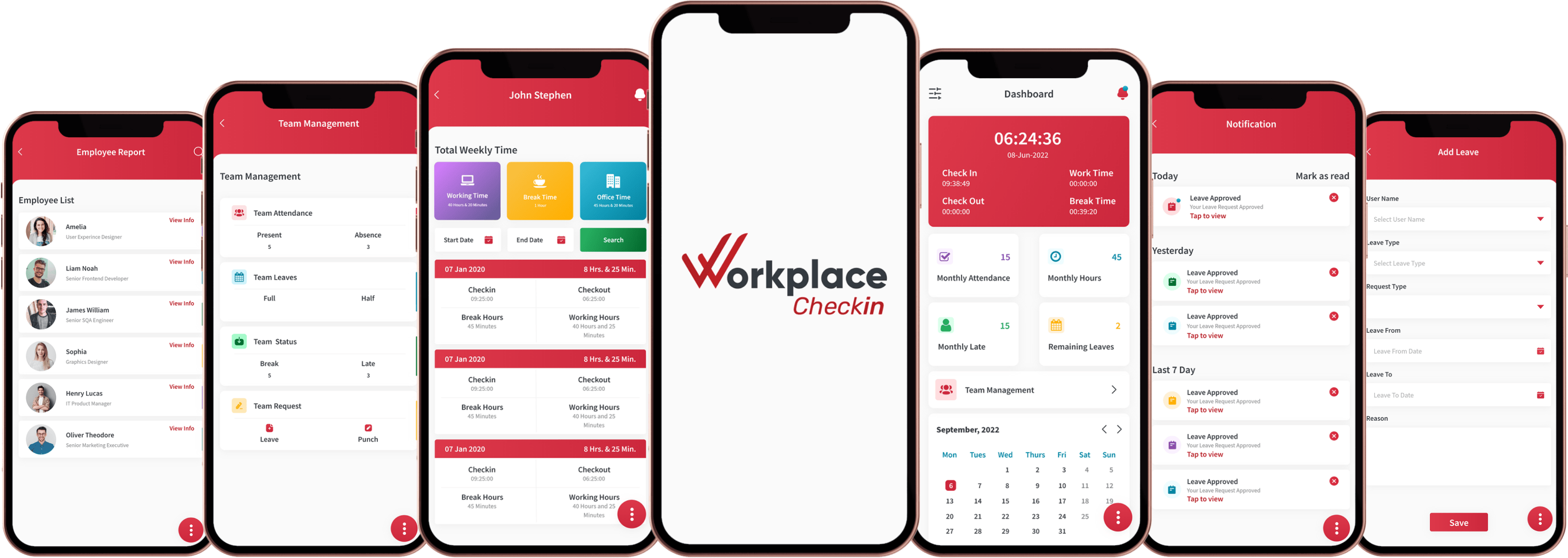

In the world of work, growing and developing professionally can be tricky. There are lots of challenges, uncertainties, and chances for progress. But in this busy environment, mentorship stands out like a guiding light. No matter if you're just starting out after finishing school or if you're already experienced and want to reach new heights, having a mentor can really make a difference. Mentorship is like a foundation for building your career. It gives you precious advice, tips, and encouragement that can really help you grow personally and professionally. That's why we're going to talk about how important mentorship is for getting ahead in your career. We'll see how it can transform you into someone who's successful and accomplished.
As you move along your career path, you'll face lots of challenges, like learning new skills, changing jobs, becoming a leader, or balancing work with your personal life. It can be tough to figure it all out on your own. That's where having a mentor comes in handy. They're like a trusted guide who can give you clarity and direction when things seem confusing. Whether it's understanding how companies work, finding new opportunities, or bouncing back from setbacks, mentors have a wealth of knowledge from their own experiences. So, this blog is all about highlighting how crucial mentorship is for steering you through your career journey. It's about giving you the tools and support you need to keep up with the ever-changing workplace. And by exploring all this, we'll show you how mentorship can really boost your confidence and help you succeed in today's fast-paced and competitive world.

Guidance Beyond the Classroom
While academic institutions equip individuals with theoretical knowledge and skills, mentorship provides practical wisdom and real-world insights. Mentors, typically experienced professionals in a relevant field, offer guidance that transcends textbooks. They share their experiences, offer advice, and provide feedback tailored to the mentee's goals and aspirations. This personalized approach bridges the gap between academic learning and professional application, helping individuals navigate the nuances of their chosen career paths.
Accelerated Learning and Skill Development
One of the most significant advantages of mentorship is the accelerated learning it facilitates. Mentors not only share their knowledge but also challenge mentees to stretch their capabilities. Through meaningful discussions, hands-on experiences, and exposure to diverse perspectives, mentees gain valuable skills and insights faster than they would through trial and error alone. Additionally, mentors often facilitate access to networks and resources that expedite skill development, opening doors to new opportunities and possibilities.

Building Confidence and Resilience
Navigating the professional world can be daunting, especially for those at the outset of their careers. Having a mentor provides a sense of reassurance and confidence, knowing that there's someone in their corner who believes in their potential. Mentors offer encouragement during setbacks, helping mentees build resilience in the face of challenges. This supportive relationship fosters a growth mindset, empowering individuals to persevere through obstacles and setbacks, ultimately strengthening their resolve to achieve their goals.
Expanding Networks and Opportunities
In today's interconnected world, success often hinges on the strength of one's professional network. Mentors, with their extensive experience and connections, serve as invaluable bridges to new opportunities and contacts. Through mentorship, mentees gain access to a broader network of professionals, opening doors to internships, job opportunities, collaborations, and mentorship from others. These connections not only enhance career prospects but also foster a sense of belonging within the professional community, creating a supportive ecosystem for continuous growth and development.
Fostering Leadership and Mentorship Skills
Mentorship is a reciprocal relationship that benefits both mentors and mentees. While mentees gain from the wisdom and guidance of their mentors, mentors derive satisfaction from sharing their knowledge and witnessing the growth of their mentees. Moreover, mentoring others cultivates essential leadership and communication skills, honing mentors' abilities to inspire, motivate, and empower others. By nurturing the next generation of professionals, mentors contribute to the collective advancement of their industries and leave a lasting legacy of mentorship excellence.

Nurturing Personal and Professional Growth
Beyond the tangible benefits of skill development and networking, mentorship also fosters holistic personal and professional growth. Mentors often serve as role models, exemplifying traits such as integrity, perseverance, and adaptability. By observing their mentors in action, mentees glean not only technical expertise but also invaluable lessons in professionalism, ethics, and work-life balance.
Mentorship extends beyond professional development to encompass personal growth and self-discovery. Mentors provide a safe space for mentees to explore their strengths, weaknesses, interests, and values. Through reflective discussions and constructive feedback, mentees gain clarity about their career goals and aspirations, enabling them to make informed decisions about their professional journeys.
Breaking Barriers and Overcoming Bias
In many industries, systemic barriers and biases can impede the progress of marginalized groups, including women, minorities, and individuals from underprivileged backgrounds. Mentorship serves as a powerful tool for breaking down these barriers and leveling the playing field. Mentors who champion diversity and inclusion can provide support, advocacy, and mentorship opportunities to individuals facing systemic challenges.
Furthermore, mentors can help mentees navigate workplace dynamics and address issues such as imposter syndrome, discrimination, and unconscious bias. By providing guidance on how to navigate these challenges and advocate for oneself, mentors empower mentees to overcome obstacles and thrive in their chosen fields.
Adapting to Change and Embracing Innovation
In today's rapidly evolving job market, adaptability is a prized skill. Technological advancements, industry disruptions, and global crises such as the COVID-19 pandemic have reshaped the way we work and the skills required to succeed. Mentors, with their wealth of experience and insight, can help mentees adapt to change and embrace innovation.
By staying abreast of industry trends, emerging technologies, and best practices, mentors equip mentees with the knowledge and skills needed to thrive in a dynamic and ever-changing environment. Moreover, mentors can provide guidance on navigating career transitions, seizing new opportunities, and reinventing oneself in response to changing market demands.
Conclusion
In a world where career paths are often nonlinear and unpredictable, mentorship serves as a beacon of guidance, illuminating the way forward for aspiring professionals. By providing personalized guidance, accelerating learning and skill development, fostering confidence and resilience, expanding networks and opportunities, and cultivating leadership and mentorship skills, mentors play a vital role in shaping the trajectory of individuals' careers. Aspiring professionals would be wise to seek out mentors who can provide the guidance and support needed to navigate the complexities of the professional world and unlock their full potential. After all, in the journey of career development, having a mentor by your side can make all the difference.






